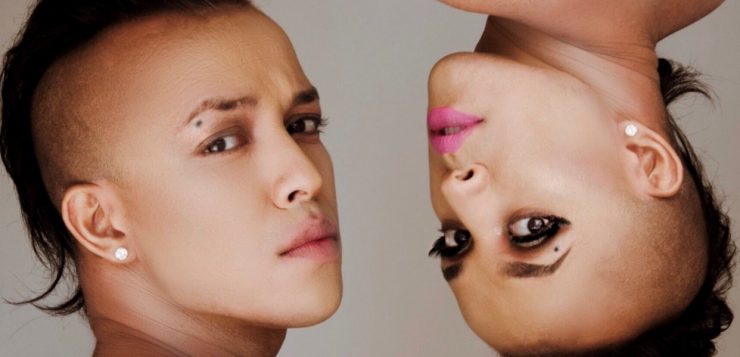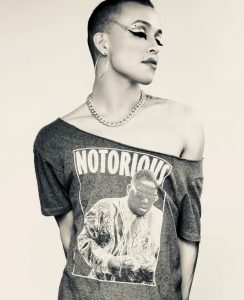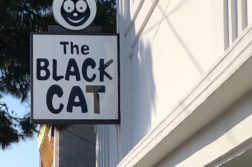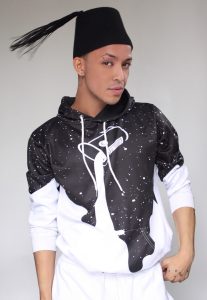
IN THE EVER-EVOLVING, constantly progressing age of the modern LGBT+ liberation movement, I’m witnessing what I believe to be something of another sexual revolution akin to that of the 1960s to the 1980s, in that our community is embracing (or learning, rather) the idea that sexual orientation and even gender identity exist on a sliding scale, ceaselessly in flux, and that not everyone’s sexual identity and gender expression are as fixed as we’ve been led to believe.
In recent years, the introduction of the letter Q to our widening acronym has opened the door to countless individuals who would otherwise never directly identify with one of the other four letters. What I’ve noticed is that the word “queer” is now being used as a catch-all, empowering adjective for many of these people. However, what’s perhaps most interesting is that in “queer” means something different to just about everyone I’ve spoken to.
For example: as a sect of queerness, I’ve encountered many cis-men who distinguish themselves as queer, but not exactly as gay. These men assume heterosexuality for the most part but can lean into sexual and romantic relationships with other men from time to time. With others, the term “heteroflexible” is preferred. Now, you may think it means nothing more than bisexual, when in reality these types of men can actually use “queer” to self-classify as something else entirely, such as pansexual, which involves more than just gender or genitalia. Other people just don’t identify with the traditional LGBT foursome. Some people like the radical approach of overthrowing all identity labels like gay or bisexual in favor of queer. It goes without saying that self-identification in this sense hurts no one. If we allow people to establish themselves as they see fit, we only bridge gaps and create greater unity and acceptance for people to be whoever they want in this world.
With the expansive ideology that is queerness, these same men are now accessing a certain sexual freedom that in many ways women have always had in a patriarchal society, and rightly so, without too much stigma. In particular, these “heteroflexible” men are able to experiment with each other and with LGBT+-identified men and still confidently retain a sense of their own discernible existence, whereas before these same individuals would have been socially exiled, tarred and feathered as nothing more than another “closet case.” Queerness as heteroflexibility reinforces the concept of sexuality as existing on that sliding scale. And it’s all very individual. I personally identify as gay and always have. Many of my gay friends don’t necessarily subscribe to my idea of being gay. I know a couple of gay men who are “homoflexible”—the inverse of heteroflexible. I know gay men who are attracted to masculine transmen (with transmen’s bodies being clearly different than cis-men’s), and others who aren’t at all. These distinctions can easily be overlooked. Still, we all manage to overlap in this community.
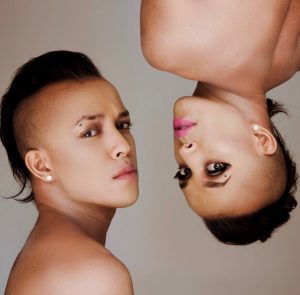
I’ve also noticed a rise in role-playing among my LGBT+ peers. I believe that role playing can break the monotony that inevitably creeps up into most long-term monogamous relationships, LGBT+ and otherwise. I know mainstream society still deems most sexual role-playing as somewhat taboo, but the trend in younger and even older generations is in the direction of sexual adventurism via this concept, which seems to be breaking down barriers that once held so many of our deepest fantasies and desires locked away in the untouched crevices of our minds. Our sexual exploration and liberation are slowly becoming encouraged instead of wholly repressed. The concept of queerness negates seemingly every social convention we’ve been indoctrinated to believe. And as the years pass, we’re evolving as a whole, for the better, it seems to me, as self-examination can only bring us closer to our own truth.
Reki*, a gender fluid and LGBT+- identified artist, is the author of A Boy Like Me, an anthology of prose and poetry that provides an intimate glimpse into the raw power of femininity.


